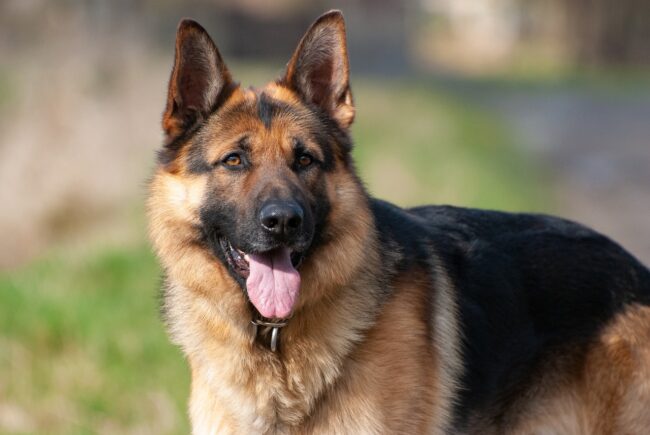Types Of Personal Protection Dog
When it comes to personal protection, the safety and security of you and your family are paramount. And when it’s time to pick the perfect pooch for this kind of service, choosing a breed should be taken seriously. There are breeds that were bred specifically for protection which makes them ideal for guarding their owners; these “personal protection dogs” can be an invaluable asset in situations calling for increased security. So, if you’re considering getting a canine companion with a specific job other than being your beloved pet (though they can do both!) — let’s take a look at what breeds make good personal protection dog!

Protection dogs are highly trained animals that are meant to provide security to their owners. There are different types of protection dogs based on their specific training and abilities. One type of protection dog is the guard dog, which is trained to protect a specific area or property. They are typically larger breeds such as German Shepherds or Rottweilers. Another type is the personal protection dog which is trained to protect a specific person or family. These dogs are typically smaller breeds such as Belgian Malinois or Doberman Pinschers. Lastly, there are police and military dogs which are trained to assist law enforcement officers and soldiers. These dogs are typically highly trained and can detect explosives or track people. Regardless of the type, protection dogs require extensive training and should only be handled by experienced owners.
When it comes to finding a protection dog breed, it’s important to consider both the dog’s role and their individual qualities. Firstly, the breed should be naturally protective and fearless, with a strong sense of loyalty to their owner. Breeds like German Shepherds and Doberman Pinschers are often popular choices for protection work due to their natural guard dog instincts. However, beyond breed, you should also take into account the individual dog’s temperament, training, and socialization. Are they confident and focused under pressure? Do they respond well to obedience commands? Are they comfortable around strangers and other animals? These factors are just as important in determining whether a dog will make a reliable and effective protection companion.

